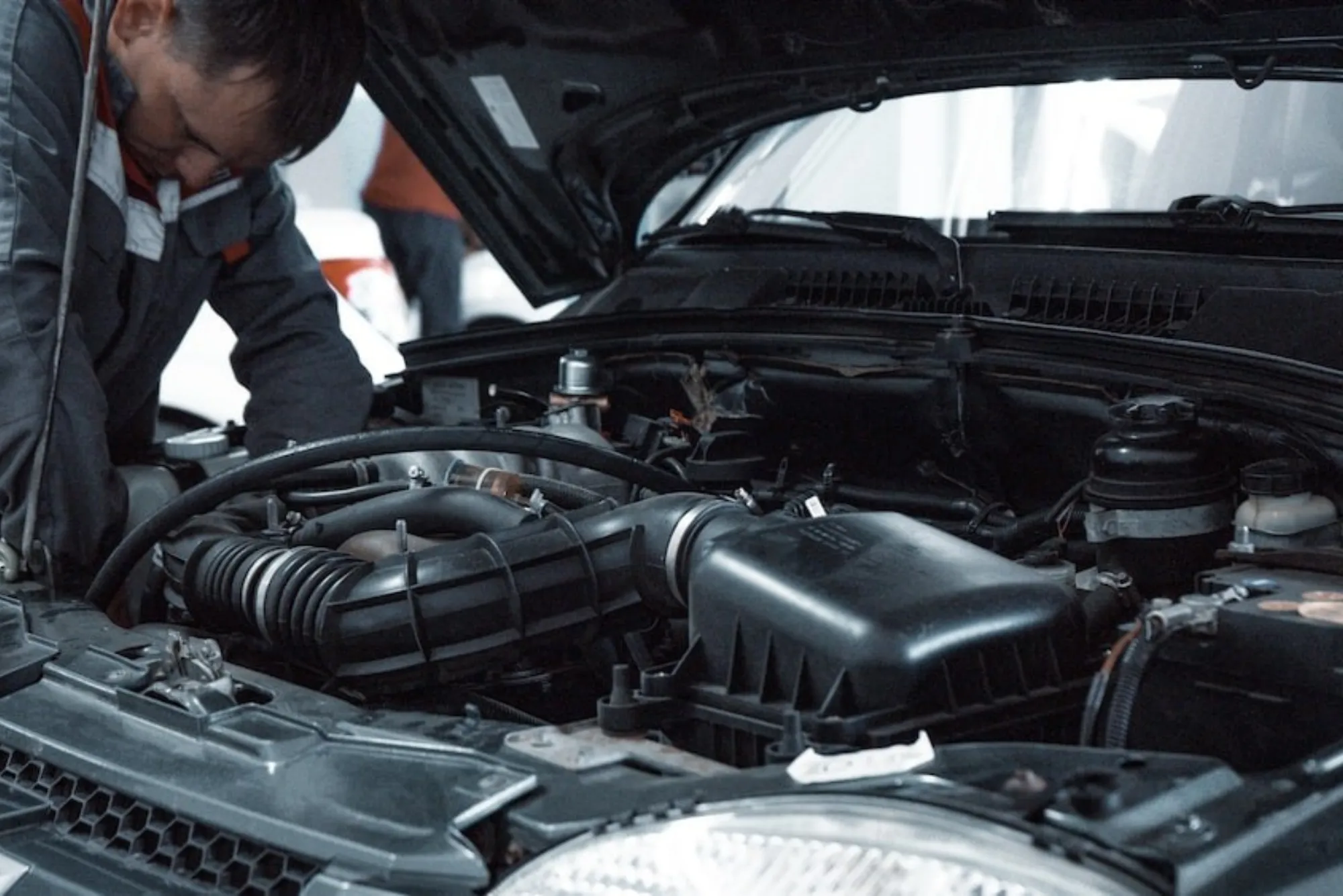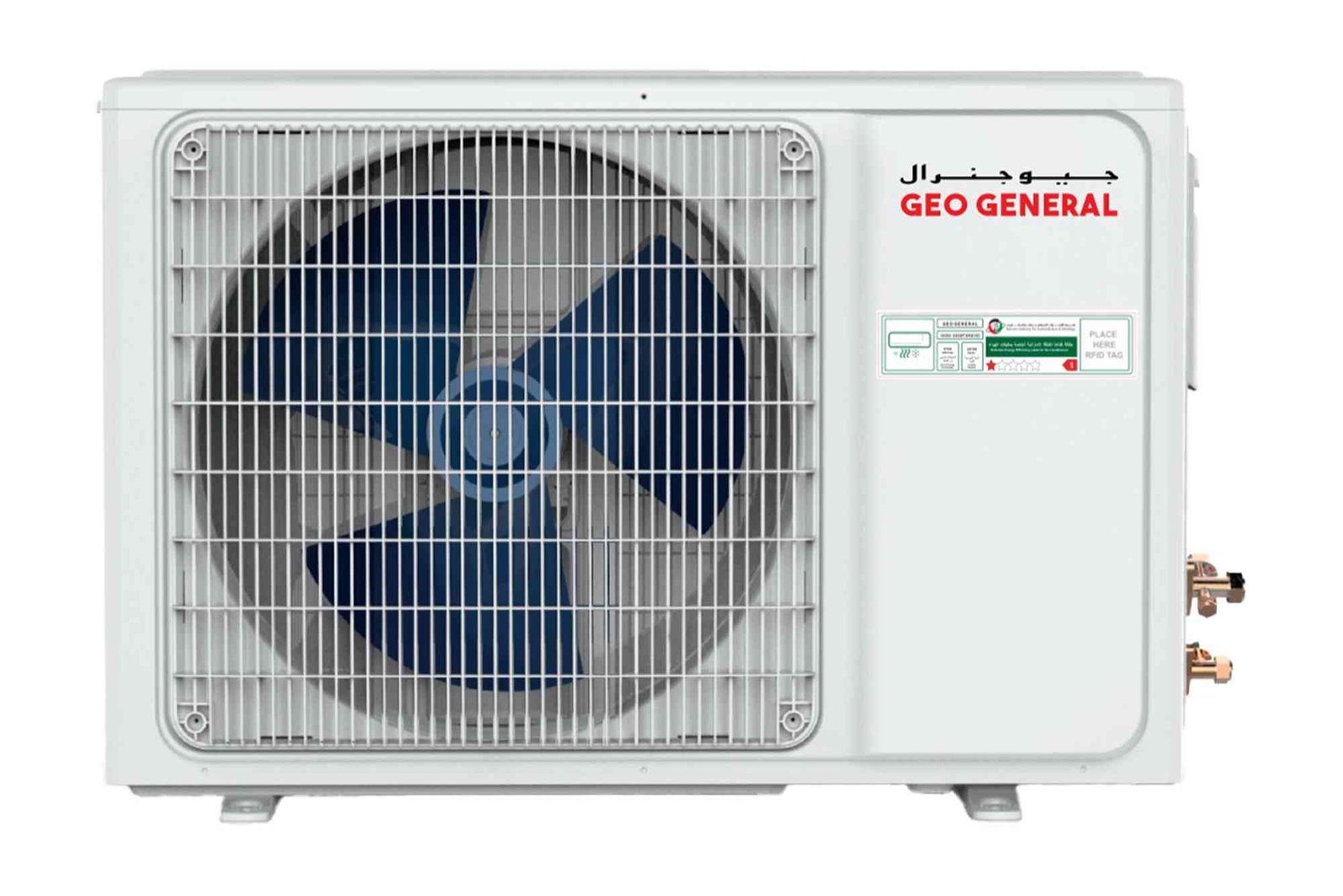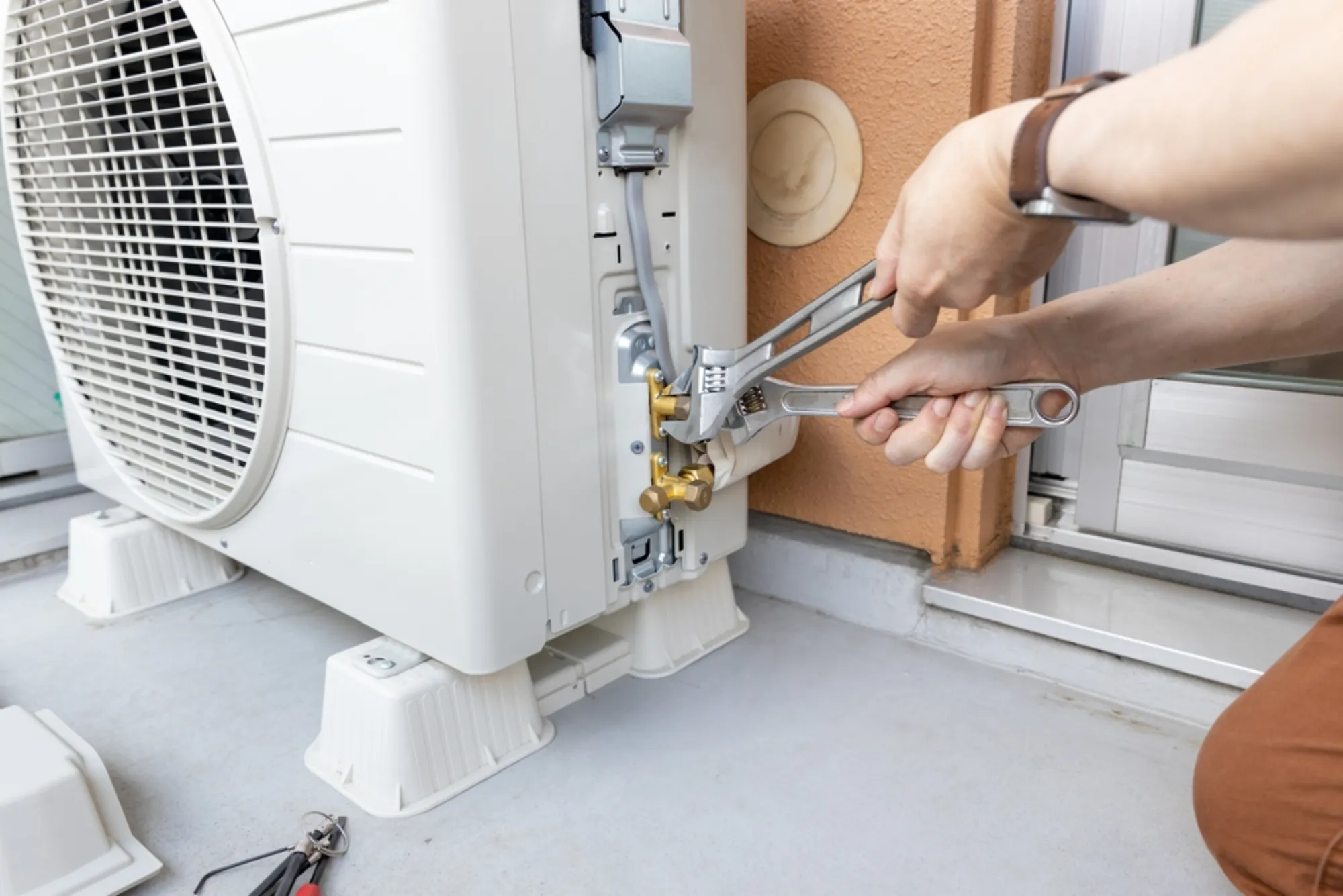Car repairs can be a significant financial burden, especially for low-income individuals and families. In Michigan, the Department of Health and Human Services (DHS) provides car repair assistance to those in need, helping to ensure that individuals can maintain reliable transportation for work and other essential activities. This article offers an in-depth look at Michigan DHS car repair assistance, including eligibility requirements, the application process, and the types of assistance available.
Overview of Michigan DHS Car Repair Assistance
What is Michigan DHS Car Repair Assistance?
Michigan DHS car repair assistance is a state-funded program aimed at helping eligible individuals and families cover the costs associated with essential car repairs. The primary goal is to support those who face financial hardship and need a functional vehicle to maintain employment, attend medical appointments, or meet other critical needs.
Importance of Car Repair Assistance
Reliable transportation is crucial for many aspects of daily life, including employment and accessing essential services. Car repair assistance ensures that individuals do not lose their ability to work or access necessary services due to a broken-down vehicle. The program helps prevent the economic strain caused by unexpected repair expenses and supports overall stability for low-income households.
Eligibility for Michigan DHS Car Repair Assistance
Who is Eligible?
Eligibility for Michigan DHS car repair assistance is determined based on several factors:
- Income Level: Applicants must meet specific income guidelines established by the DHS. These guidelines are designed to ensure that assistance is provided to those who are truly in need.
- Current DHS Clients: Individuals who are already receiving other forms of assistance from DHS may qualify for additional support for car repairs.
- Michigan Residents: The program is available exclusively to residents of Michigan. Proof of residency is required during the application process.
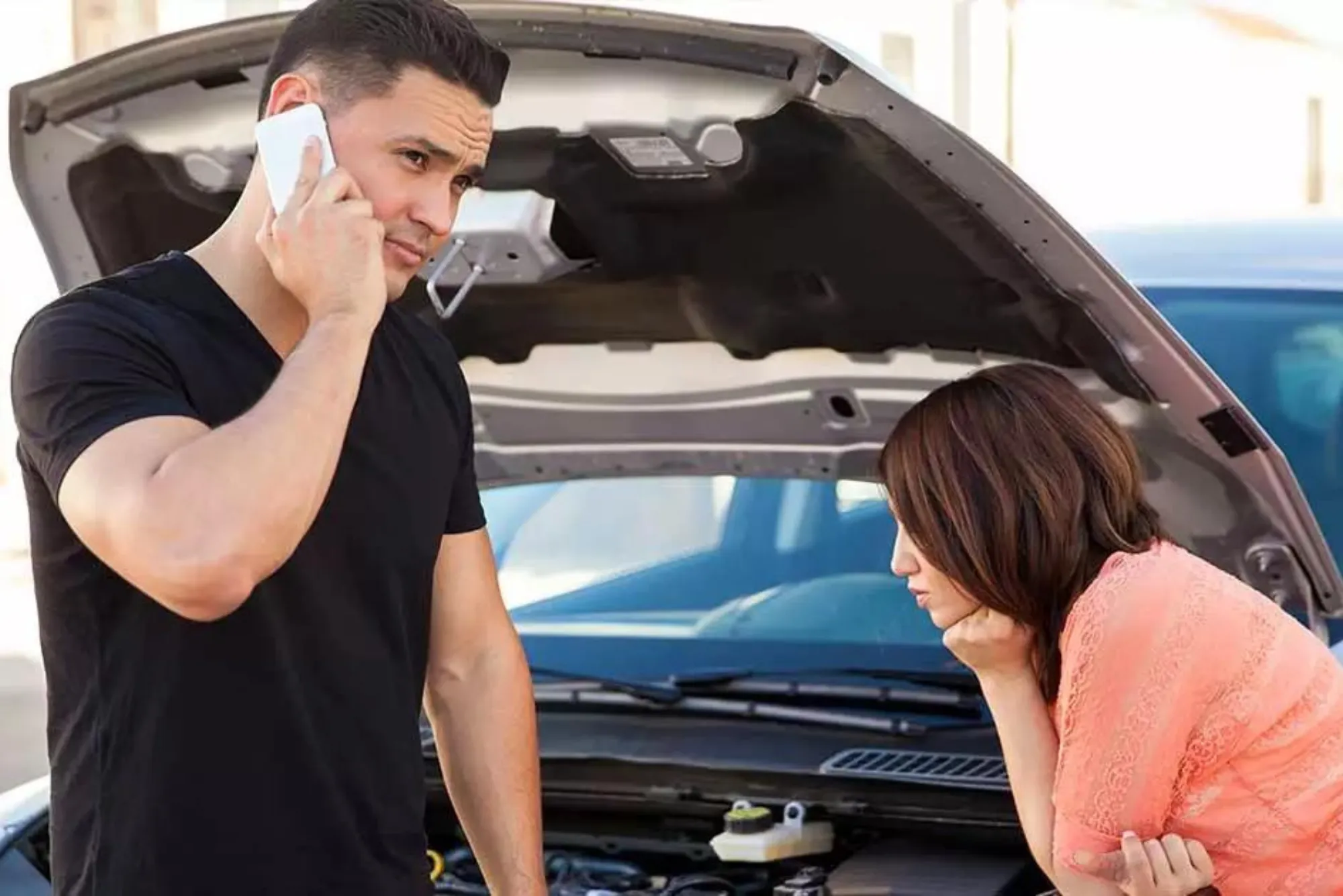
Income and Asset Limits
Income and asset limits for eligibility are updated periodically. It’s essential to check the most current guidelines on the Michigan DHS website to ensure that you meet the criteria. Generally, income limits are based on the Federal Poverty Level (FPL) and household size, while asset limits consider savings and other financial resources.
Application Process for Car Repair Assistance
Steps to Apply
The application process for Michigan DHS car repair assistance involves several steps:
- Contact Your Local DHS Office: Start by reaching out to your local DHS office to inquire about the car repair assistance program. They can provide information on the application process and required documents.
- Complete the Application Form: Obtain and fill out the application form. Provide all requested information, including details about your financial situation and the vehicle needing repairs.
- Submit Required Documentation: Along with the application form, submit all necessary documents. This may include proof of income, vehicle information, and repair estimates.
- Review and Approval: The DHS will review your application and documentation. If approved, you will receive notification of the type and amount of assistance available.
Required Documents
To apply for car repair assistance, you will typically need the following documents:
- Proof of Income: This can include recent pay stubs, tax returns, or other documents that verify your income.
- Vehicle Information: Provide details about the vehicle requiring repairs, including make, model, and year.
- Repair Estimate: Obtain a repair estimate from a certified mechanic to submit with your application. This helps DHS determine the amount of assistance required.
Types of Assistance Available
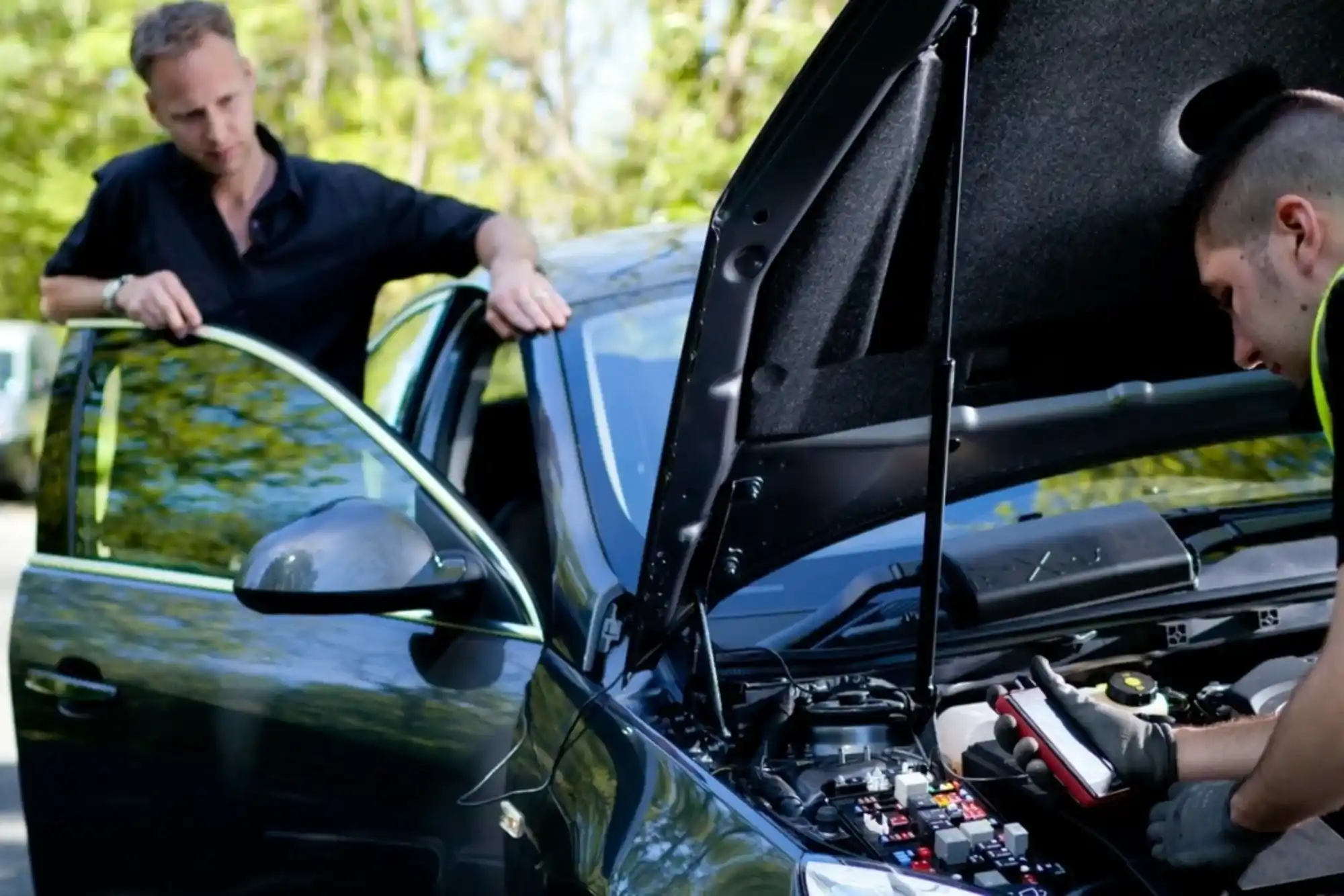
Financial Aid Options
Several types of financial aid may be available through the Michigan DHS car repair assistance program:
- Repair Grants: Grants are provided to cover part or all of the costs associated with necessary car repairs. These do not require repayment and can significantly reduce the financial burden on applicants.
- Subsidized Loans: In some cases, low-interest loans may be offered to help cover repair expenses. These loans are designed to be affordable, with terms that are favorable to low-income individuals.
Repair Services
Assistance may also include support for obtaining repair services:
- Partnering Repair Shops: DHS may have agreements with local repair shops that offer discounted services to program participants. These partnerships help ensure that repairs are performed at a reduced cost.
- Emergency Repairs: For urgent repair needs, DHS may provide expedited assistance to ensure that the vehicle is operational as quickly as possible.
Frequently Asked Questions (FAQs)
How Long Does It Take to Receive Assistance?
The time required to process an application and provide assistance can vary. On average, it may take a few weeks from the time of application submission to receive a decision. The processing time depends on the completeness of your application and the current demand for assistance.
Can Assistance be Used for Any Type of Car Repair?
Michigan DHS car repair assistance is generally intended for essential repairs needed to make the vehicle operational. Non-essential or cosmetic repairs are typically not covered by the program. The focus is on repairs that are necessary for safe and reliable vehicle operation.
What if My Application is Denied?
If your application for car repair assistance is denied, you have several options:
- Appeal the Decision: You can appeal the denial by providing additional information or addressing any issues that led to the denial.
- Seek Alternative Resources: Explore other sources of assistance, such as local charities, community organizations, or other government programs that may offer similar support.
Key Points to Remember
- Verify Eligibility: Ensure that you meet all eligibility criteria before applying. Check income guidelines and residency requirements.
- Prepare Documentation: Gather and prepare all required documents to support your application. Incomplete or inaccurate documentation can delay processing.
- Follow the Application Process: Adhere to the application process carefully to increase the likelihood of receiving assistance.
Table: Overview of Michigan DHS Car Repair Assistance
| Aspect | Details |
|---|---|
| Eligibility | Low-income individuals, current DHS clients, Michigan residents |
| Application Process | Contact local DHS office, complete application, submit documents |
| Types of Assistance | Repair grants, subsidized loans, partnering repair shops |
| Documents Required | Proof of income, vehicle information, repair estimate |
| Processing Time | Typically a few weeks |
Michigan DHS car repair assistance is a valuable resource for individuals and families struggling with car repair expenses. By understanding the eligibility requirements, application process, and types of assistance available, you can effectively navigate the system and access the support you need. Ensuring that you have reliable transportation is crucial for maintaining employment and accessing essential services, and the DHS program plays a vital role in providing this necessary support.

